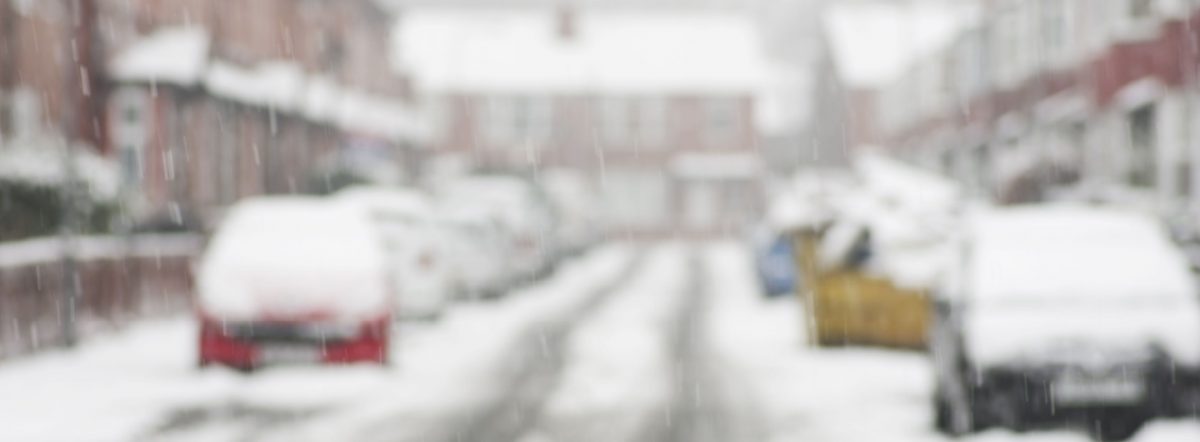Some of the UK’s poorest households use 21% less energy during cold weather than other households, leaving them exposed to potentially dangerous cold damp homes, according to new research.
Research also finds that households on smart prepayment meters could not stay warm when it got really cold and became disconnected from their energy.
Those most affected were households identified as vulnerable and listed on the Priority Services Register – the sick, disabled, elderly and young.
The analysis has been conducted by a group of academics from the UCL Energy Institute, University of Oxford Environmental Change Institute and Cambridge Architectural Research.
Eoghan McKenna of the UCL Energy Institute said:
“We know that these fuel poor households are living in colder homes, and that they cut back on their heating in response to the rise in energy prices.”
Academics found that the poorest households are those least able to respond to the coldest weather and examined the Cold Weather Payments system. This pays out £25 to eligible households after there has been a week of below freezing weather, but was found that it covered less than half the extra cost of keeping warm during a cold snap.
The scheme was condemned by a House of Commons Energy Committee report as “an outdated, old-fashioned scheme.”
As reported exclusively in the Mirror, the new paper recommends that an Extreme Weather Payment system is set up that credits the energy account of all eligible households on every day that the Met Office declares the minimum temperature will be -4 degrees Celsius or lower on the following day.
The payment of £10 per day would be made in advance of the cold weather, on a daily basis. It should be available to all vulnerable households to offset the extra cold and existing fuel poverty.
Dr Tina Fawcett of the Environmental Change Institute, Oxford University, said:
“This simple change, which will not be expensive, will help households stay warm when it really matters. It will ensure the Government can deliver the right support at the right time.”
A spokesperson for the End Fuel Poverty Coalition, commented:
“Exposure to critically low levels of energy use in fuel poor households means that they are not heating their homes to an adequate level – leaving them to live in cold, damp conditions.
“While energy saving through better insulation and ventilation of properties is part of the long term solution to people living in cold damp homes, we need emergency support for households for foreseeable winters.
“For a Chancellor suffering from the political fallout from the Winter Fuel Payment cuts, a modern, updated, compassionate level of support during cold weather should be an obvious step to take.”
Jason Palmer from Cambridge Architectural Research and UCL added:
“It is extremely worrying that households in fuel poverty are cutting energy use compared to other households when it is coldest. This puts their health, and ultimately their lives, at risk.”
ENDS
Brief report available to download: Cold Weather Payments Analysis

